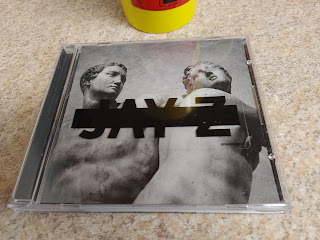Black History Month and Libation
Black History Month is not only about admiring beautiful African American men and women with their white teeth and mostly night-black eyes. It is also celebrating how they survived as a race.
Early slaves appreciated waking up to a new day. Suicide was not an option. Surviving every whip, rape and lynching was the only option. They literally prayed for one day at a time and gave thanks when they saw it.
They went to the forest to congregate and pray. They embraced Christianity, although it was the slave master’s religion. The Bible became their drinking well. Early slaves also used carry-over culture from Africa to give thanks.
Libation is a part of it. Libation is pouring a drop of wine or whisky on the ground for ancestors: grandparents and great great grandparents that gave birth to the race, and to thank them for survival in America.
Libation connects them to the living. There’s a belief that ancestors watch over us. I was born in South Africa. My grandmother showed me how to brew Zulu beer, by saying: put more wood into that fire, pass me that, empty this into that big pot, bring me that grass sieve to squeeze the beer from fermented wheat. My uncle always poured a little on the ground before drinking it.
Religion is ancestor-based, hence rituals in places of worship all over the world. African American culture was a religion for early slaves and still is, for those that still practise it. Libation, pouring beer, wine, brandy, Zulu beer or whisky on the ground, is part of that culture.
Black History Month is the resilience of early slaves who survived inhuman conditions in Africa and the New World. African warlords sold them. Watch Yoruba movies for internal slavery practices.
By: Nonqaba waka Msimang.




Comments